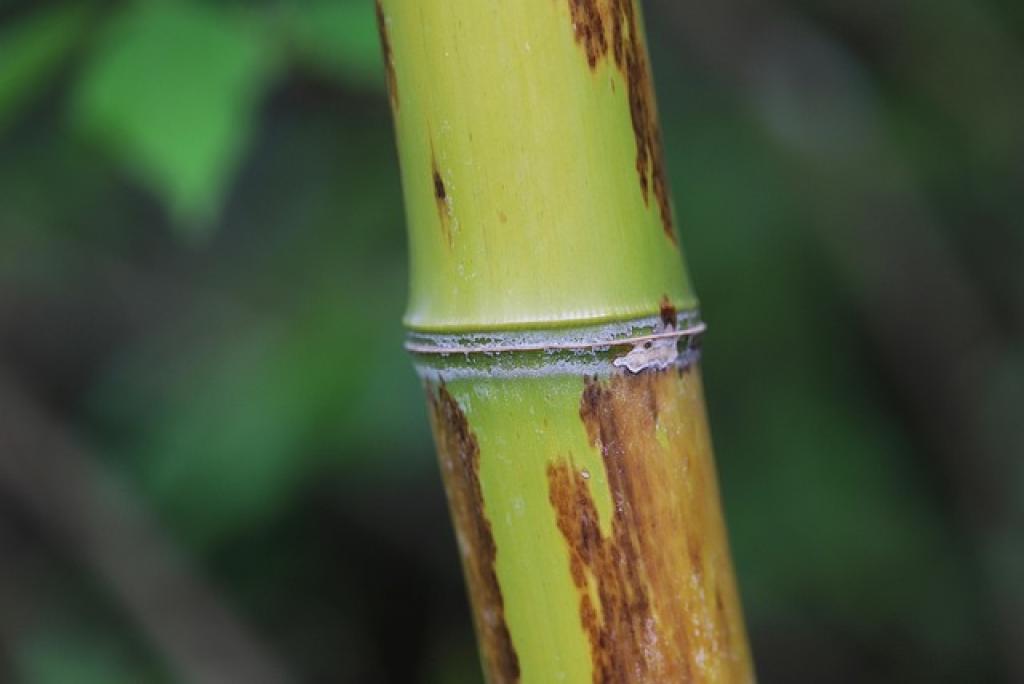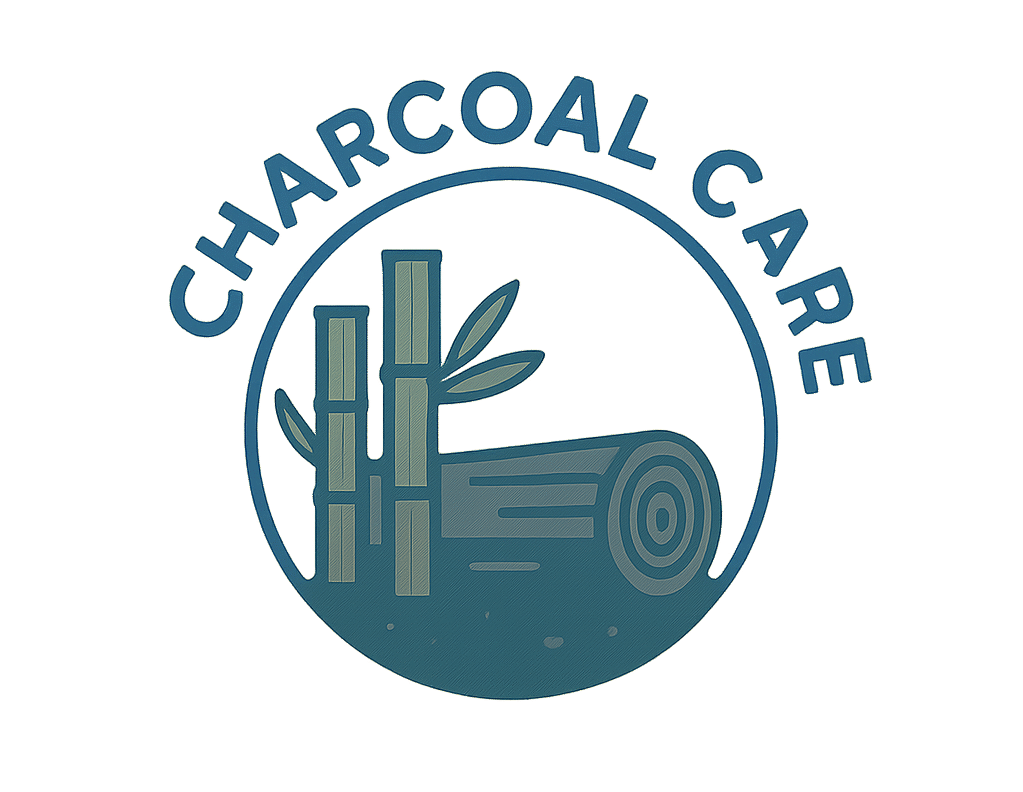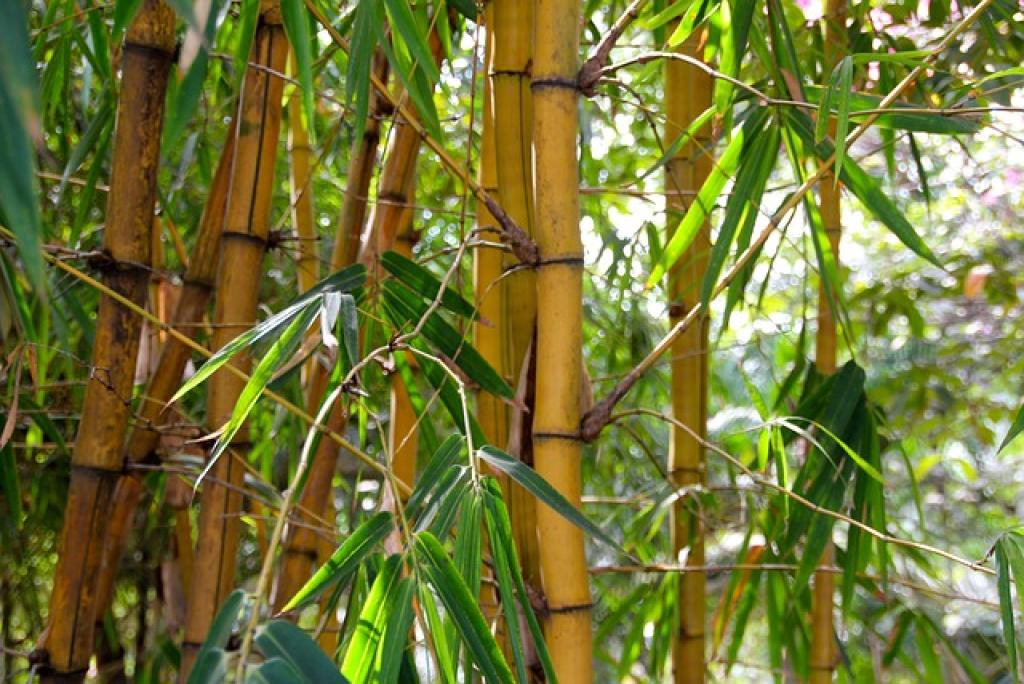Have you ever heard that bamboo belongs in the panda’s diet alone? Or perhaps you’ve been told that bamboo is a weak and delicate plant? In this blog post, we’re here to debunk some of the common myths surrounding bamboo and shed light on why this versatile plant deserves a lot more credit than it often gets.
Myth 1: Bamboo is Only Eaten by Pandas
One of the most prevalent myths about bamboo is that it’s solely consumed by pandas. While it’s true that pandas have a voracious appetite for bamboo, they are not the only ones. In fact, bamboo shoots are a popular ingredient in many Asian dishes and are celebrated for their crunchy texture and subtle flavor. Additionally, bamboo is used in various culinary applications, such as sushi rolls, salads, stir-fries, and even desserts. So, the next time you enjoy a bamboo shoot dish, remember that you’re not alone in this culinary adventure!
Myth 2: Bamboo is Weak and Fragile
Another misconception about bamboo is that it’s a weak and delicate plant. On the contrary, bamboo is one of the strongest and most flexible materials found in nature. Due to its tensile strength, bamboo is often used in construction, furniture making, and even as a sustainable alternative to traditional building materials like wood and steel. Moreover, bamboo’s rapid growth rate and durability make it an eco-friendly choice for various applications, proving that there’s more to this plant than meets the eye.
Myth 3: Bamboo is Not Versatile
Some people believe that bamboo is limited in its usability and can only be used for specific purposes. However, the truth is quite the opposite. Bamboo is an incredibly versatile plant that can be transformed into a wide range of products, including clothing, flooring, kitchen utensils, furniture, and even bicycles. Its natural antibacterial properties and moisture-wicking abilities make it an excellent choice for textiles, while its durability and sustainability make it a favorite among eco-conscious consumers. So, the next time you come across a bamboo product, remember that its versatility knows no bounds.
Myth 4: Bamboo is Invasive and Hard to Control
It’s a common misconception that bamboo is an invasive plant that can quickly take over an area and be challenging to control. While some species of bamboo do have aggressive growth habits, not all bamboos exhibit these characteristics. By choosing clumping bamboo varieties or using containment methods such as barriers, bamboo can be effectively managed in a controlled manner. Additionally, bamboo’s rapid growth rate can be leveraged in reforestation efforts and carbon sequestration, making it a valuable asset in the fight against climate change.
Myth 5: Bamboo is Expensive and Exclusive
Many people believe that bamboo products come with a hefty price tag and are only accessible to a select few. However, with the increasing demand for sustainable and eco-friendly alternatives, bamboo products have become more affordable and widely available to consumers. From budget-friendly bamboo toothbrushes to luxurious bamboo bedding, there’s a bamboo option for every budget and preference. By supporting bamboo-based products, you’re not only investing in a sustainable future but also getting a high-quality and durable product in return.

Myth 6: Bamboo is Not Environmentally Friendly
Contrary to popular belief, bamboo is an incredibly eco-friendly and sustainable plant. Bamboo has a minimal environmental footprint compared to traditional wood species, as it grows rapidly and requires no pesticides or fertilizers to thrive. Additionally, bamboo’s extensive root system helps prevent soil erosion and promotes water retention, making it a valuable ally in soil conservation efforts. By choosing bamboo products over their conventional counterparts, you’re contributing to the preservation of natural resources and reducing your carbon footprint in the process.
The Bottom Line
In conclusion, bamboo is a versatile, durable, and sustainable plant that has been unfairly shrouded in myths and misconceptions. From its strength and versatility to its environmental benefits and affordability, bamboo offers a plethora of advantages that make it a valuable resource for various industries and consumers alike. By debunking these common myths, we hope to inspire a newfound appreciation for this remarkable plant and encourage more people to explore the endless possibilities that bamboo has to offer. So, the next time you encounter bamboo in your daily life, remember that it’s not just a panda’s favorite snack—it’s a sustainable superstar in its own right!

